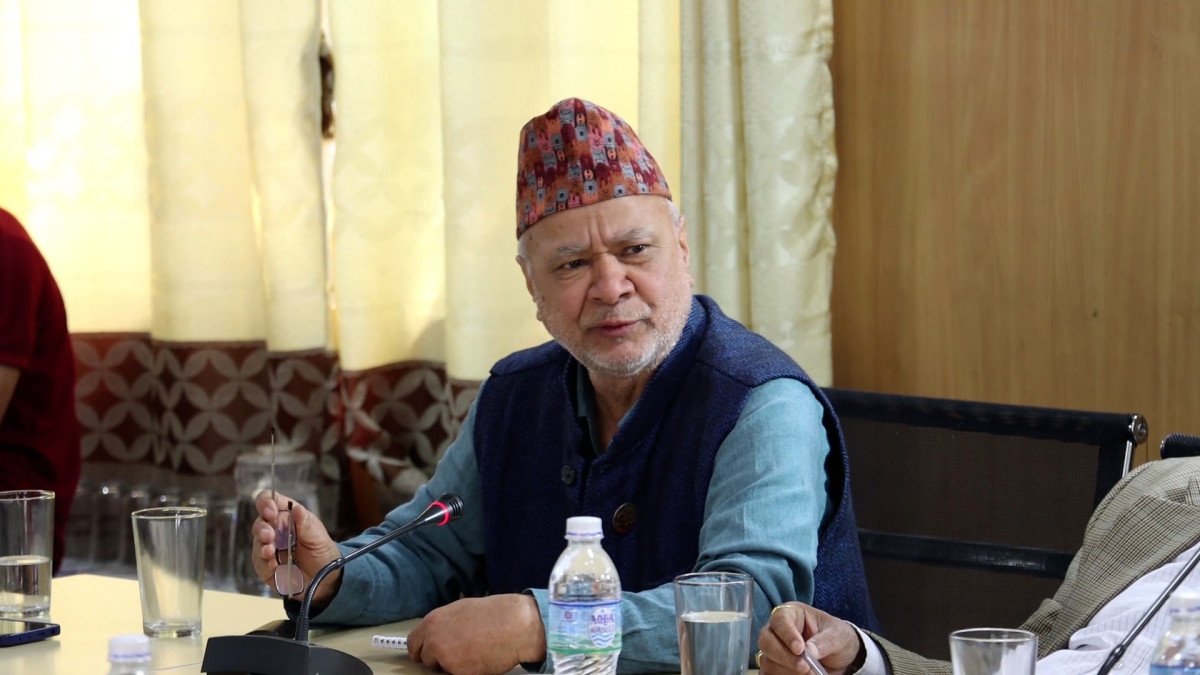Education Minister Proposes: “Private Schools Must Include Full Scholarship Provision in Regulations”
School Education Bill requires private schools to provide 10–15% of students with full scholarships, sparking debate among educators and school operators.
Tuesday, August 19, 2025 by Manik Maharjan

Kathmandu, August 10, 2025 (Shrawan 25, 2082 B.S.) – The School Education Bill, recently endorsed by the House Education, Health and Information Technology Committee, has brought forward a key provision requiring private schools to provide full scholarships to 10–15% of their students.
What Does Full Scholarship Mean?
According to the draft bill, full scholarship includes:
-
Tuition and exam fees
-
Textbooks and uniforms
-
Transportation costs
-
Hostel facilities (if available within the school)
Minister’s Stance
However, Education Minister Raghujii Pant has pointed out that it may not be realistic to compel all private schools to provide residential (hostel) facilities under the scholarship scheme. He emphasized that the law should remain practical and enforceable, and instructed the ministry to review and adjust provisions before finalizing regulations.
Private Schools’ Objection
Private school organizations such as PABSON, N-PABSON, National PABSON, and HISSAN have strongly opposed certain provisions of the bill. Their key demands include:
-
Removing the terms “full scholarship” and “gradually non-profit” from the bill.
-
Continuing the existing 10% scholarship quota instead of increasing it.
-
Eliminating financially unrealistic provisions like mandatory hostel facilities.
Protest Warning
Private school associations have issued a warning: if their concerns are not addressed by Shrawan 28 (August 13, 2025), they will begin protest programs from Shrawan 29 (August 14, 2025).
Why This Matters
-
For Students & Parents: Could increase access to private education for underprivileged students.
-
For Schools: Raises concerns about financial sustainability and operational challenges.
-
For Policymakers: Highlights the need to balance educational equity with practical implementation.

